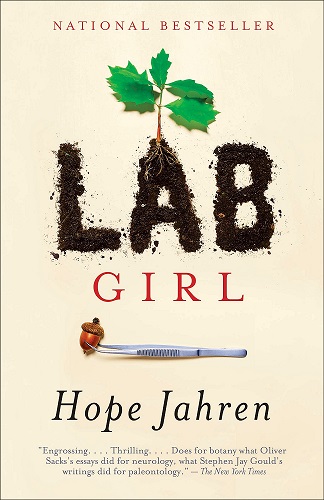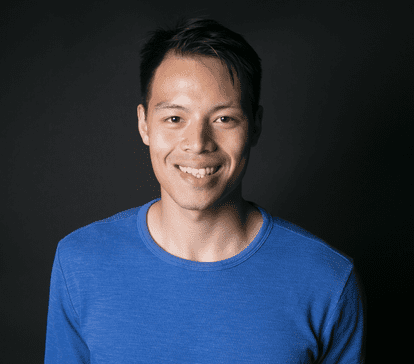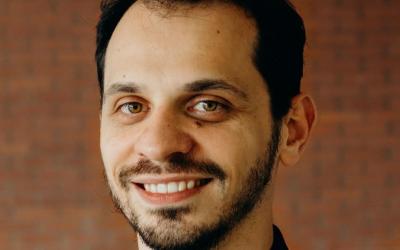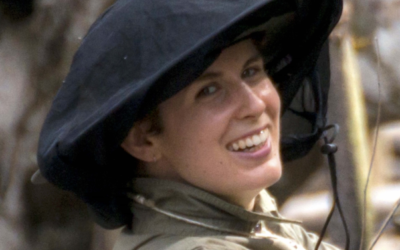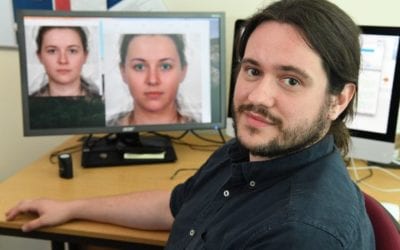What do you work on?
I work on how the brain controls movement. I also investigate the role of the cerebellum and basal ganglia in movement and cognition.
What did you do using Gorilla?
I use Gorilla to design a battery of cognitive tasks to investigate how the cerebellum contribute to cognition. These tasks span a wide range, from language to visual cognition, from math to attention.
What did you find?
We find that the cerebellum seems to be involved in many aspects of cognition, in particular, those that require a “simulation” component – a dynamic internal transformation of some mental representation carried out in a continuous manner. A classic example is mental rotation, where one covertly rotates a letter or a Tetris block in their mind. We are currently asking whether this continuity constraint is indeed one that pertains to the cerebellum, and whether such a constraint holds across many areas of cognition.
For you, what is the stand-out feature in Gorilla?
Gorilla open materials really stands out as a great way for researchers to share materials, which saves a lot of time and effort re-inventing the wheel. It also serves as a way researchers could promote their task to a broader research community.
How did Gorilla make your life or research better, easier or faster?
Gorilla brings together a community of people. This is the most valuable part. BeOnline, the conference earlier this year, is a perfect example. The conference has taught me a lot about how to run an online experiment from people who have run into similar issues in the past.
How do you think online research is going to change your field?
Online research will make patient studies more accessible for not only the researcher but also the patient.
“There are many logistical / safety considerations behind in-person patient research, which could be solved by bringing these experiments online.”
On a personal level, what are you most proud of?
I feel proud when my research assistants discover what they want to do after graduation (not limited to research).
When you’re not working what do you enjoy doing?
I love taking long walks – clears my mind and helps me think through difficult problems.
Who or what originally inspired you to work in your field of research?
My advisor, Rich Ivry, continues to be an inspiration. He is not only an expert in multiple domains of psychology but is also a great mediator. He has given me a lot of space during my PhD to find inspiration, always providing valuable feedback and pointing me to relevant papers. His early work with patients also inspired many of the experiments I am working on today.
What is the most exciting piece of work or research you’ve ever done?
Previous lab members have designed a novel paradigm to isolate implicit motor adaptation, our body’s ability to subconsciously reduce movement errors. I have extended this line of work by asking how sensory input like vision and proprioception, and the uncertainty inherent in these inputs, serve as relevant learning signals. The ultimate goal is to one day translate what we learn in the lab to the rehab clinic for individuals with neurological disease.
What’s your favourite paper to use for teaching and why?
I recommend this paper (’10 Simple Rules for Structuring Papers’) for anyone starting out in academia. Writing is an essential skill for any researcher.
Are there any online courses, podcasts, discussion groups or resources that you’d recommend to others?
For anyone interested in neuroscience, philosophy, and AI, I recommend thispodcast.
Are there any online courses, podcasts, discussion groups or resources that you’d recommend to others?
I highly recommend Hope Jahren’s Lab Girl.
